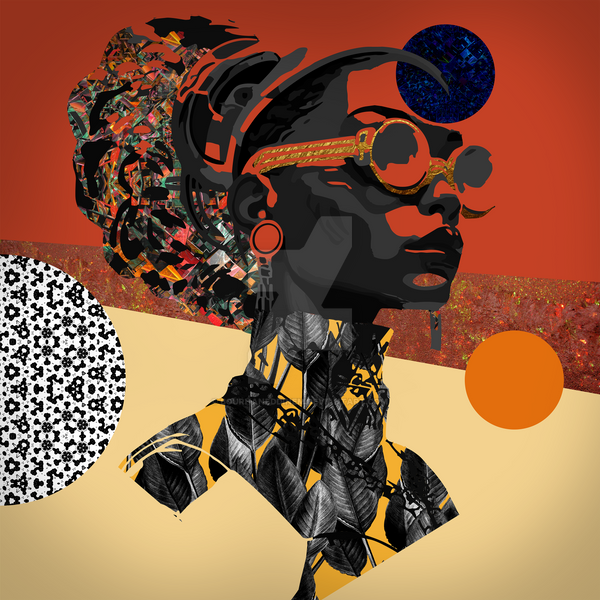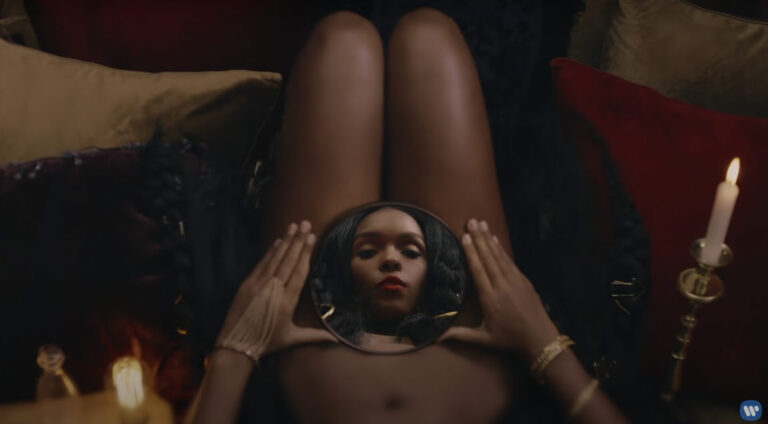Black popular culture draws on everyday Black experiences to create ideas of futurity. There are well known examples of Afrofuturism, such as the Black Panther films, as well as the music of George Clinton, Sun Ra, Janelle Monáe, and Erykah Badu, which offer profound versions of Black futures. In addition to these essential examples, some artists are not always explicitly named as such and incorporate robust conceptions of futurity and speculation into their work. This article examines the performances of Missy Elliott, Megan Thee Stallion, and Cedric the Entertainer. It argues that through their embodied performance practices that cite Black life, they create persuasive critiques of the present and move forward ideas about the future. In addition to using futuristic settings and themes, their embodiments work to put forth compelling ideas of speculation. These artists employ notions of the posthuman, a speculative figure that interrogates the category of the human through embodied gestures, dances, and other movement styles. The examined performances challenge notions of respectability established through white norms and neoliberal disciplinary mechanisms that police and harm Black bodies and render them outside of humanness. Specifically, Missy, Cedric, and Megan’s performances are rooted in concepts like ghetto, ratchet, and hood, which push back against US society’s notions of the human as defined through the respectable laboring body that is also read through the standard of whiteness. The twin dynamic of the human and posthuman provide critiques of the historic and layered expansiveness of anti-blackness while also centering Black people’s joy, pleasure, desire, and freedom. As such, these performances proffer notions of the present and future, the human and the posthuman. The force and effectiveness of these artists’ performances reside in how they draw from the everyday ways Black people articulate ideas of radical futurity.
Keyword: Afrofuturism
Alter Egoing: The Shifting Affects of Janelle Monáe
In this article, I use alter egoing as a heuristic, a method for solving the problem of the evolving alter egos of Black women in popular music. When alter egos are analyzed through this lens, the refashioning of artistic imaginaries become legible as intellectual labor. The intellectual labor that Janelle Monáe primarily provides are critiques of notions of womanhood and Blackness in the United States. I understand Monáe’s alter egoing as a reaction to the affective political strategies mobilized in US electoral politics. Former President Barack Obama developed an affective strategy based on his personal brand of optimism, first presented in his book The Audacity of Hope (2006). He developed his signature optimistic politics while he was a senator and he continued to promote his “audacious hopefulness” into his 2008 presidential campaign. Former President Donald Trump’s 2016 presidential campaign also utilized an affective political strategy, as he rallied his supporters around culturally white (male) nostalgia with the cry, “Make America Great Again.” I track the affective evolution of Monáe’s alter egoing from pessimism to optimism in the context of the anti-Black populisms of the post-Obama era (2016–), culminating in a close reading of her 2018 album, Dirty Computer. In identifying Monáe’s troubled relationship with notions of normative identity through her first alter ego, I evaluate the relevance of posthumanism and Afrofuturism, which scholars have used to critique American notions of race, gender, and sexuality. In analyzing the shift in affect from her first alter ego to her most recent, I detect in Monáe’s alter egoing a critical optimism, a disidentifying strategy that begins to take shape in Dirty Computer.

